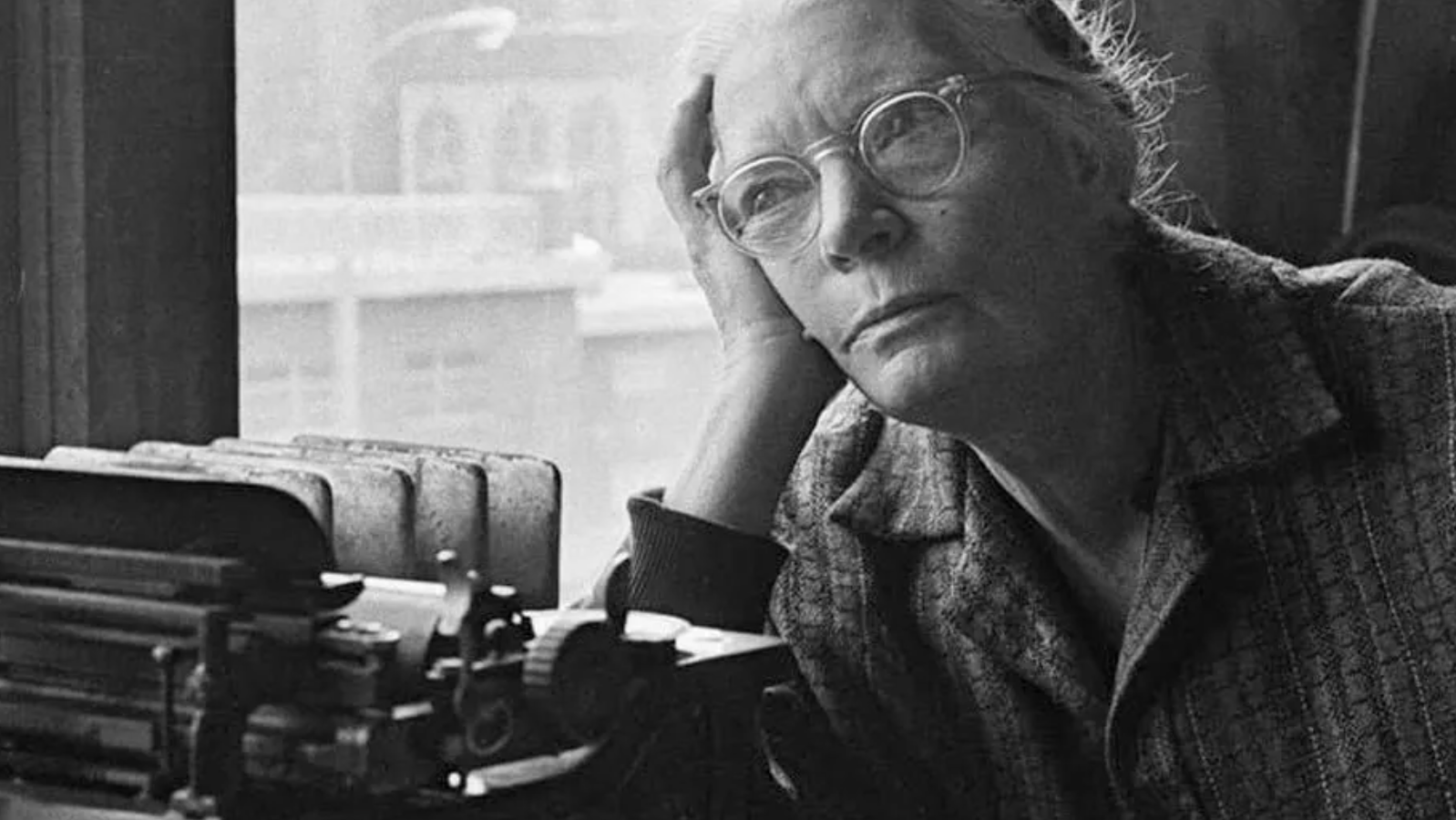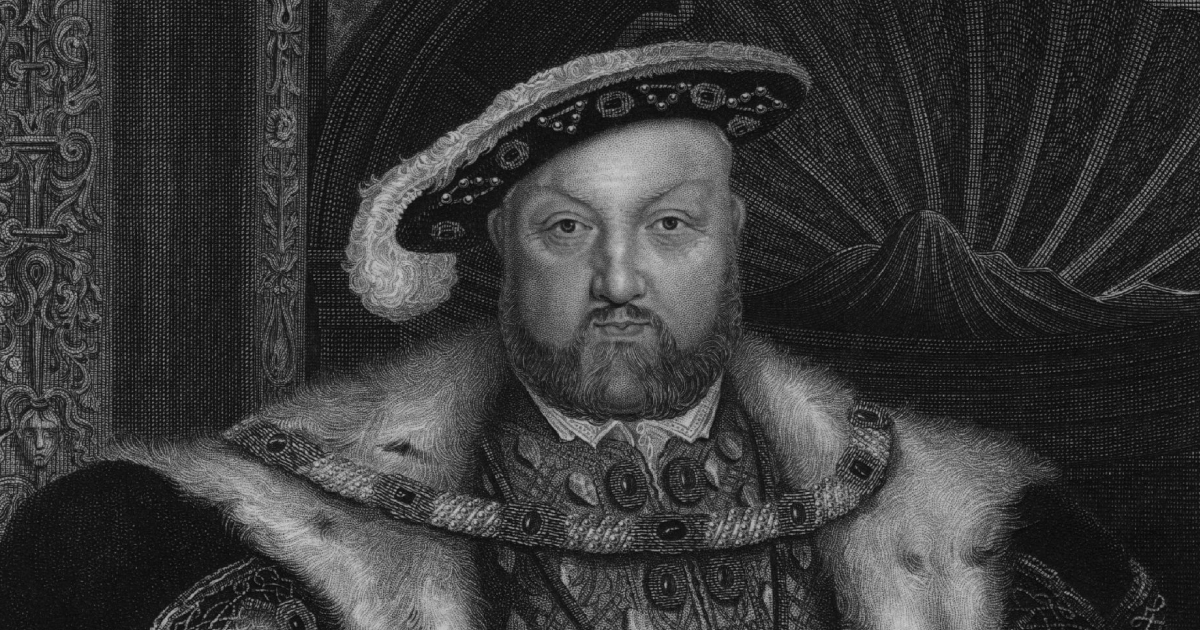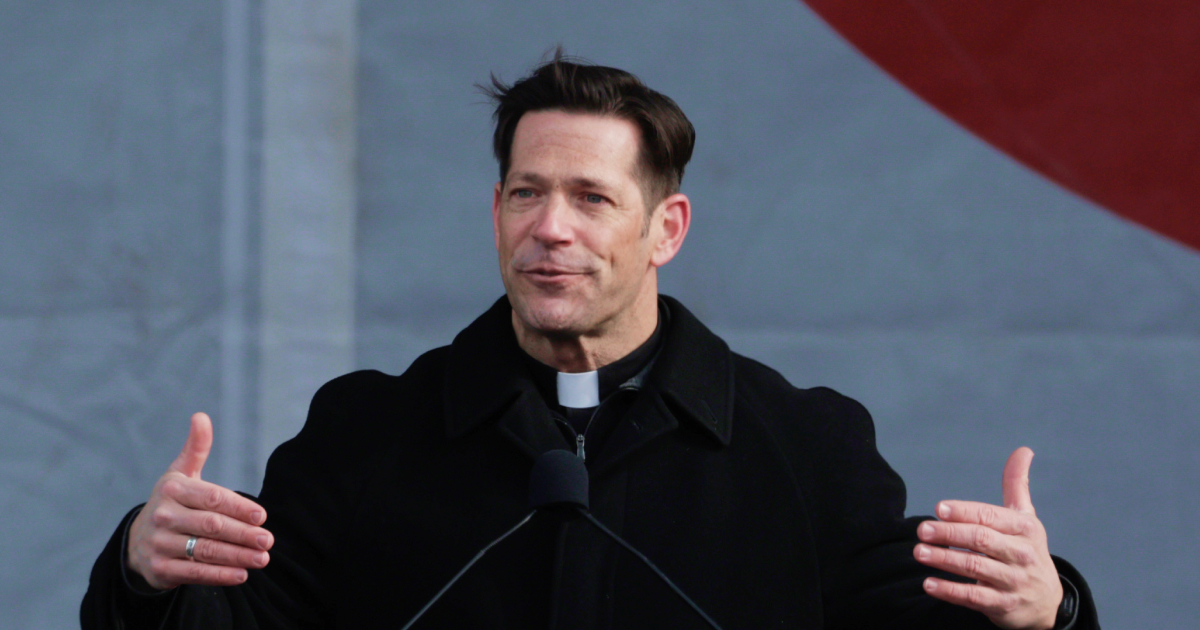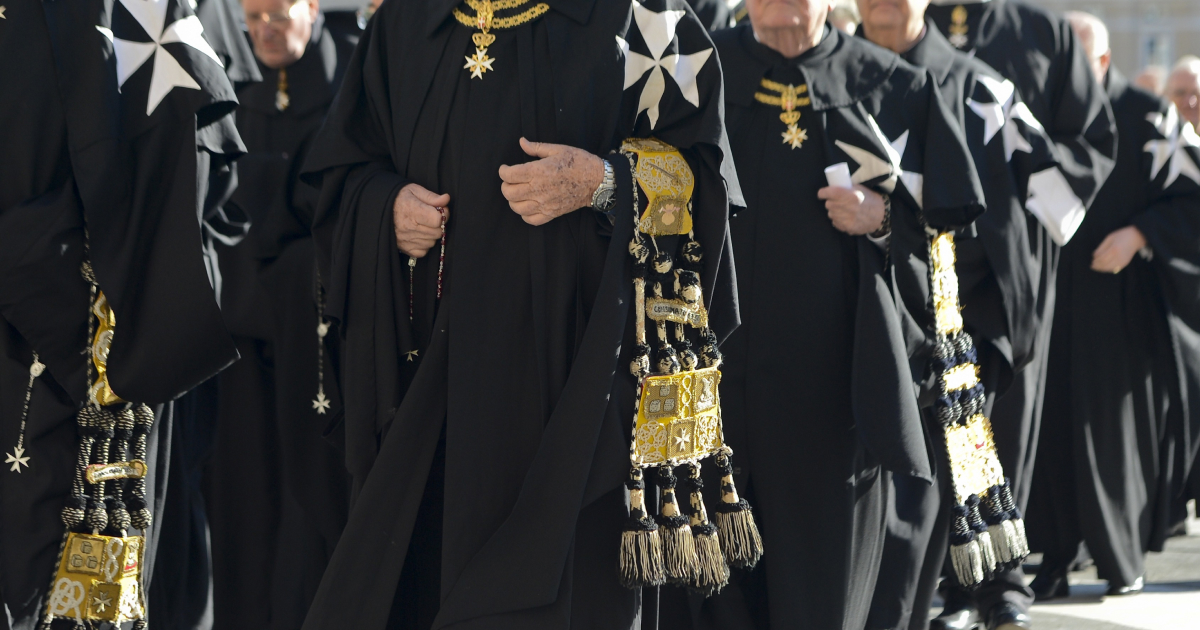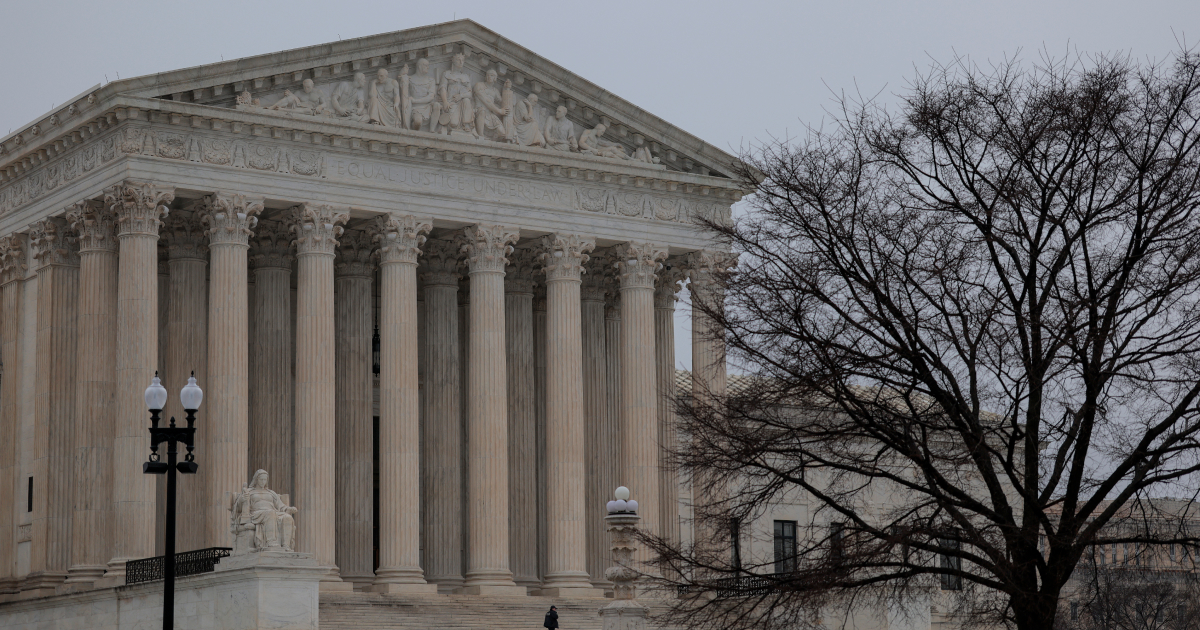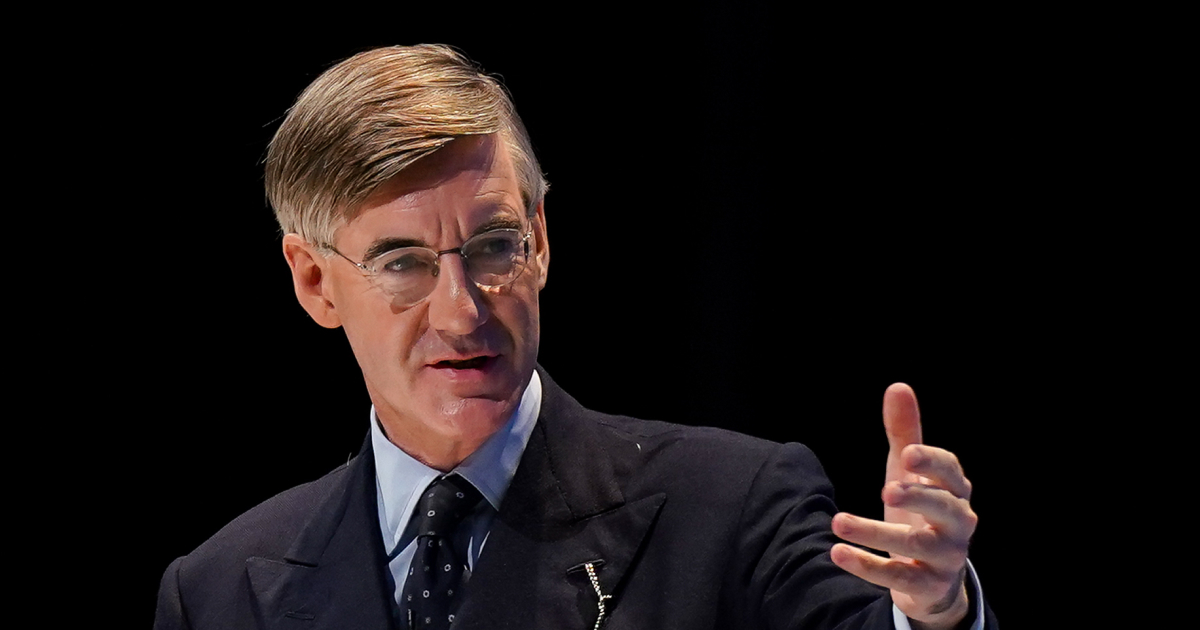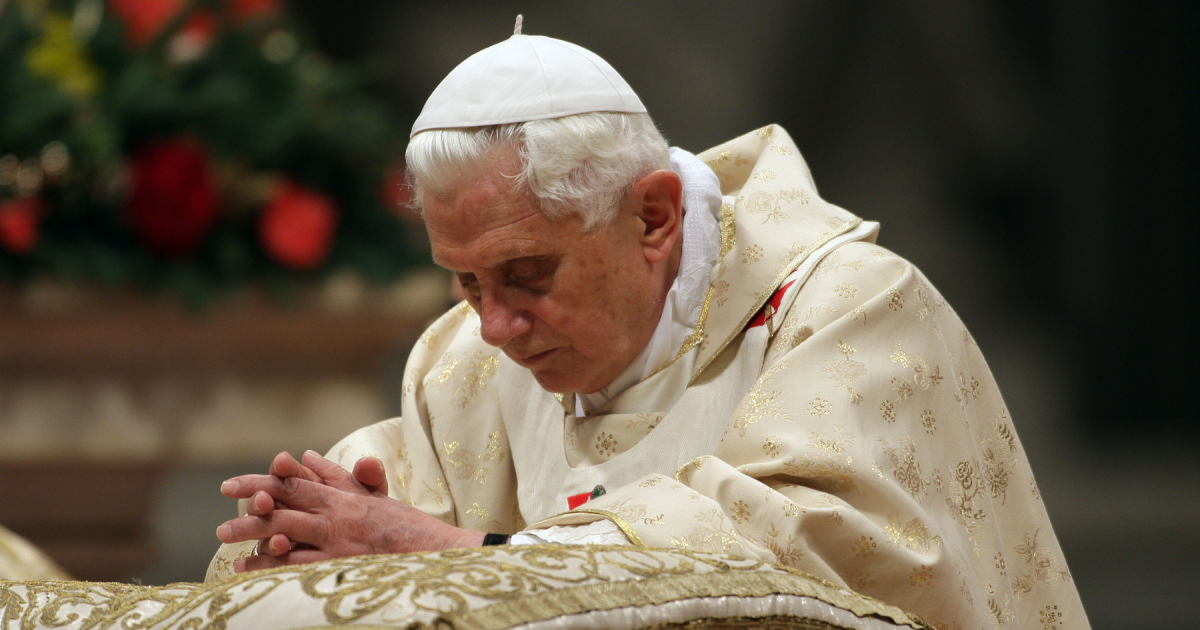Nearly 50 years after Dorothy Day spoke at Pax Christi USA’s first conference in 1973, the organisation has been awarded the inaugural Dorothy Day Peacemaker Award for its work promoting nonviolence and reconciliation.
Bishop John Stowe of Lexington, the Bishop President of Pax Christi USA, will receive the award on behalf of the organisation on 11 June at a special breakfast during the summer meeting of the United States Conference of Catholic Bishops in Louisville, Kentucky.
Johnny Zokovitch, the executive director of Pax Christi USA, highlighted Day’s connection to Pax Christi USA, and the involvement of many of its members in Day’s Catholic Worker Movement, as a large part of the reason for the award’s significance.
“It’s really 50 years after she spoke at that first conference, and to be validated for the work that we have done over 50 years by being associated with the life and witness of Dorothy Day couldn’t mean more to us,” Zokovitch told Crux on 10 June.
The award was created by the Dorothy Day Guild. Located within Manhattan College’s Dorothy Day Centre for the Study and Promotion of Social Catholicism, the guild is an association of Catholics working to advance Day’s cause of canonisation. Day is currently a Servant of God.
Kevin Ahern, the director of the Dorothy Day Centre and chair of the Dorothy Day Guild said that in a world that needs models of peace builders, Pax Christi USA is just that.
“Through its work, Pax Christi USA has been an important voice for peace, justice, and nonviolence in the Catholic community, including its Catholic Nonviolence Initiative,” Ahern, who is also a professor of religious studies at Manhattan College, said in a statement. “This newly-created Dorothy Day Peacemaker Award is an important honour and recognition to come from the Dorothy Day Guild.”
Pax Christi USA was founded in 1972 and has advocated for peace ever since.
Early on, the organisation focused its efforts on the nuclear arms race and the Vietnam War. In the 1980s the organisation focused its efforts on the Sanctuary Movement, which advocated for foreign policy changes to allow Central American refugees into the United States. In the 1990s, the organisation focused on solidarity with Haiti, and on the Cold War, among other topics.
In 1999, Pax Christi USA launched its Brothers and Sisters All initiative, a 20-year initiative to turn Pax Christi USA into an “anti-racist” multicultural Catholic peace and justice movement. In the following years, the organisation’s advocacy efforts were largely defined by the terrible events of 11 September 2001, and the subsequent war on terror.
As for the 2010s, the organisation largely focused on its racial justice efforts, while also continuing its efforts advocating for nuclear disarmament, which have been a focus of the organisation since its inception. Most recently, the organisation’s advocacy has centred on the need for an end to the war in Gaza.
The organisation also relaunched its “Bread Not Stones” campaign this year, which various US bishops subsequently backed. For decades, the campaign has advocated for Congress to allocate more of the government’s budget to areas that will help the poor and marginalised, opposed to the military.
“In many ways when we go after military spending we’re going after a whole lot of issues because military spending and the influx of spending into the military really sets up so many other issues to be short changed in terms of financial support,” Zokovitch said.
With the American federal government’s track record of military spending and involvement in international conflict, Zokovitch said the organisation’s hope that things will change is rooted more in their Catholic faith than their “optimism”.
“We don’t necessarily see the change at the end of the day or at the end of the month or at the end of the year or at the end of the decade even, but what we see is that we’re rooted in a movement that is 2,000 years strong,” Zokovitch explained. “It’s rooted in those aspects of our faith that have been tried and true over centuries.”
He added: “It’s the preferential option for the poor, it’s the love of enemies that is at the heart of the gospel. It’s that history that I think gives people hope, even when the evidence doesn’t necessarily change day in and day out on the issues that are most important to us.”
Photo: Dorothy Day; screenshot from www.catholicworker.org.
Nearly 50 years after Dorothy Day spoke at Pax Christi USA’s first conference in 1973, the organisation has been awarded the inaugural Dorothy Day Peacemaker Award for its work promoting nonviolence and reconciliation.
Bishop John Stowe of Lexington, the Bishop President of Pax Christi USA, will receive the award on behalf of the organisation on 11 June at a special breakfast during the summer meeting of the United States Conference of Catholic Bishops in Louisville, Kentucky.
Johnny Zokovitch, the executive director of Pax Christi USA, highlighted Day’s connection to <a href="https://paxchristiusa.org/"><mark style="background-color:rgba(0, 0, 0, 0)" class="has-inline-color has-vivid-cyan-blue-color">Pax Christi USA</mark></a>, and the involvement of many of its members in Day’s Catholic Worker Movement, as a large part of the reason for the award’s significance.
“It’s really 50 years after she spoke at that first conference, and to be validated for the work that we have done over 50 years by being associated with the life and witness of Dorothy Day couldn’t mean more to us,” Zokovitch told <em>Crux</em> on 10 June.
The award was created by the Dorothy Day Guild. Located within Manhattan College’s Dorothy Day Centre for the Study and Promotion of Social Catholicism, the guild is an association of Catholics working to advance Day’s cause of canonisation. Day is currently a Servant of God.
Kevin Ahern, the director of the Dorothy Day Centre and chair of the Dorothy Day Guild said that in a world that needs models of peace builders, Pax Christi USA is just that.
“Through its work, Pax Christi USA has been an important voice for peace, justice, and nonviolence in the Catholic community, including its Catholic Nonviolence Initiative,” Ahern, who is also a professor of religious studies at Manhattan College, said in a statement. “This newly-created Dorothy Day Peacemaker Award is an important honour and recognition to come from the Dorothy Day Guild.”
Pax Christi USA was founded in 1972 and has advocated for peace ever since.
Early on, the organisation focused its efforts on the nuclear arms race and the Vietnam War. In the 1980s the organisation focused its efforts on the Sanctuary Movement, which advocated for foreign policy changes to allow Central American refugees into the United States. In the 1990s, the organisation focused on solidarity with Haiti, and on the Cold War, among other topics.
In 1999, Pax Christi USA launched its Brothers and Sisters All initiative, a 20-year initiative to turn Pax Christi USA into an “anti-racist” multicultural Catholic peace and justice movement. In the following years, the organisation’s advocacy efforts were largely defined by the terrible events of 11 September 2001, and the subsequent war on terror.
As for the 2010s, the organisation largely focused on its racial justice efforts, while also continuing its efforts advocating for nuclear disarmament, which have been a focus of the organisation since its inception. Most recently, the organisation’s advocacy has centred on the need for an end to the war in Gaza.
The organisation also relaunched its “Bread Not Stones” campaign this year, which <a href="https://catholicherald.co.uk/us-bishops-back-bread-not-stones-campaign-against-military-industrial-complex/?swcfpc=1"><mark style="background-color:rgba(0, 0, 0, 0)" class="has-inline-color has-vivid-cyan-blue-color">various US bishops subsequently backed</mark></a>. For decades, the campaign has advocated for Congress to allocate more of the government’s budget to areas that will help the poor and marginalised, opposed to the military.
“In many ways when we go after military spending we’re going after a whole lot of issues because military spending and the influx of spending into the military really sets up so many other issues to be short changed in terms of financial support,” Zokovitch said.
With the American federal government’s track record of military spending and involvement in international conflict, Zokovitch said the organisation’s hope that things will change is rooted more in their Catholic faith than their “optimism”.
“We don’t necessarily see the change at the end of the day or at the end of the month or at the end of the year or at the end of the decade even, but what we see is that we’re rooted in a movement that is 2,000 years strong,” Zokovitch explained. “It’s rooted in those aspects of our faith that have been tried and [proved] true over centuries.”
He added: “It’s the preferential option for the poor, it’s the love of enemies that is at the heart of the gospel. It’s that history that I think gives people hope, even when the evidence doesn’t necessarily change day in and day out on the issues that are most important to us.” <br><br><em>Photo: Dorothy Day; screenshot from <a href="https://catholicworker.org/memories-of-dd/"><mark style="background-color:rgba(0, 0, 0, 0)" class="has-inline-color has-vivid-cyan-blue-color">www.catholicworker.org</mark></a>.</em>






